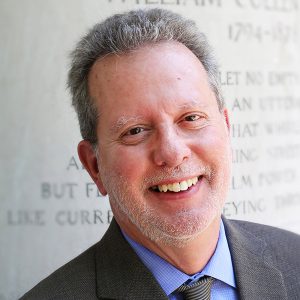 Tom Ehrich, a writer and Episcopal priest, recently slammed the work of an Episcopal task force. For him, the task force’s focus on what can be done at the level of the denomination “seems a bit like redecorating and recalibrating the home office of a company in which the home office plays a minor role.”
Tom Ehrich, a writer and Episcopal priest, recently slammed the work of an Episcopal task force. For him, the task force’s focus on what can be done at the level of the denomination “seems a bit like redecorating and recalibrating the home office of a company in which the home office plays a minor role.”
The time for that type of change ended decades ago. The mainline denominations (a group that includes Episcopalians) are a shell of what they once were, and are now “down more than 42 percent from their peak in 1965, and two-thirds below the level they could have been if they had simply kept growing with the population.”
So What?
I always appreciate it when someone provides a critique from within an organization. Ehrich cares about the Episcopal Church, and wants to see it strategically move toward a healthier future. He rightly suggests that the role of denomination has already shifted away from the modern view assumed by a centralized group of leaders in a nice office building. Rather than seek to reformulate the structure itself, he proposes the denomination would be most helpful if it empowered parishes to effectively address three significant challenges that are becoming more burdensome each and every year: Sunday worship, large facilities and an inward focus.
- Sunday worship doesn’t attract people like it once did, and its appeal is even less among the youngest generations. Many congregations, however, continue to emphasize this aspect of their community of faith in everything from budgets to advertising efforts.
- Large aging facilities are impractical and demand ever increasing percentages of a congregation’s annual budget for maintenance and upkeep. Many congregations remember a time when the sanctuary was full (or at least far more so than today), and hope for growth that will make the costs more appropriate (hence the emphasis of #1).
- An inward focus on providing members the religious goods and services they desire is often viewed as a way to retain the current membership or at least slow the pace of its decline. Many congregations exhaust more and more of their limited human and financial resources on those already present thus limiting their opportunities to make a difference in the wider community or to raise their profile in the same.
I don’t know about you, but I have yet to meet many Gen-X or Gen-Y folks who get excited about getting involved in congregations focused primarily on Sunday morning worship services held in large aging facilities wherein membership has its privileges and the primary privileges are the right to feast on a religious buffet of goods and services labeled “for members only.”
- Do you agree with Ehrich that changing the Sunday worship emphasis, overcoming large and aging facilities, and shifting from an inward toward an outward focus are important changes for the future of the Episcopal Church (as well as the mainline churches)? Explain.
- What role do you envision denominations playing in aiding congregations in making these radical shifts?